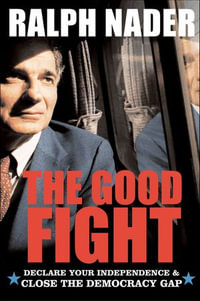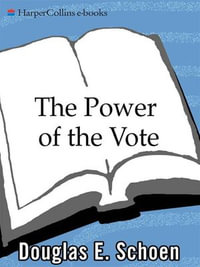Booktopia has been placed into Voluntary Administration. Orders have been temporarily suspended, whilst the process for the recapitalisation of Booktopia and/or sale of its business is completed, following which services may be re-established. All enquiries from creditors, including customers with outstanding gift cards and orders and placed prior to 3 July 2024, please visit https://www.mcgrathnicol.com/creditors/booktopia-group/

Trafficking Justice
How Russian Police Enforce New Laws, from Crime to Courtroom
eBook | 16 November 2015 | Edition Number 1
At a Glance
eBook
RRP $44.00
$39.99
Instant Digital Delivery to your Booktopia Reader App
ISBN: 9781501701368
ISBN-10: 1501701363
Published: 16th November 2015
Format: ePUB
Language: English
Number of Pages: 304
Audience: General Adult
For Ages: 18+ years old
For Grades: 17+
Publisher: Cornell University Press
Edition Number: 1
You Can Find This eBook In
This product is categorised by
- Non-FictionLawInternational Law
- Non-FictionSocial Services & WelfareCrime & Criminology
- Non-FictionPolitics & GovernmentPolitical Structure & Processes
- Non-FictionSocial Services & WelfareSocial Welfare & Social ServicesEmergency ServicesPolice & Security Services
- Non-FictionHistoryRegional & National HistoryEuropean History
























